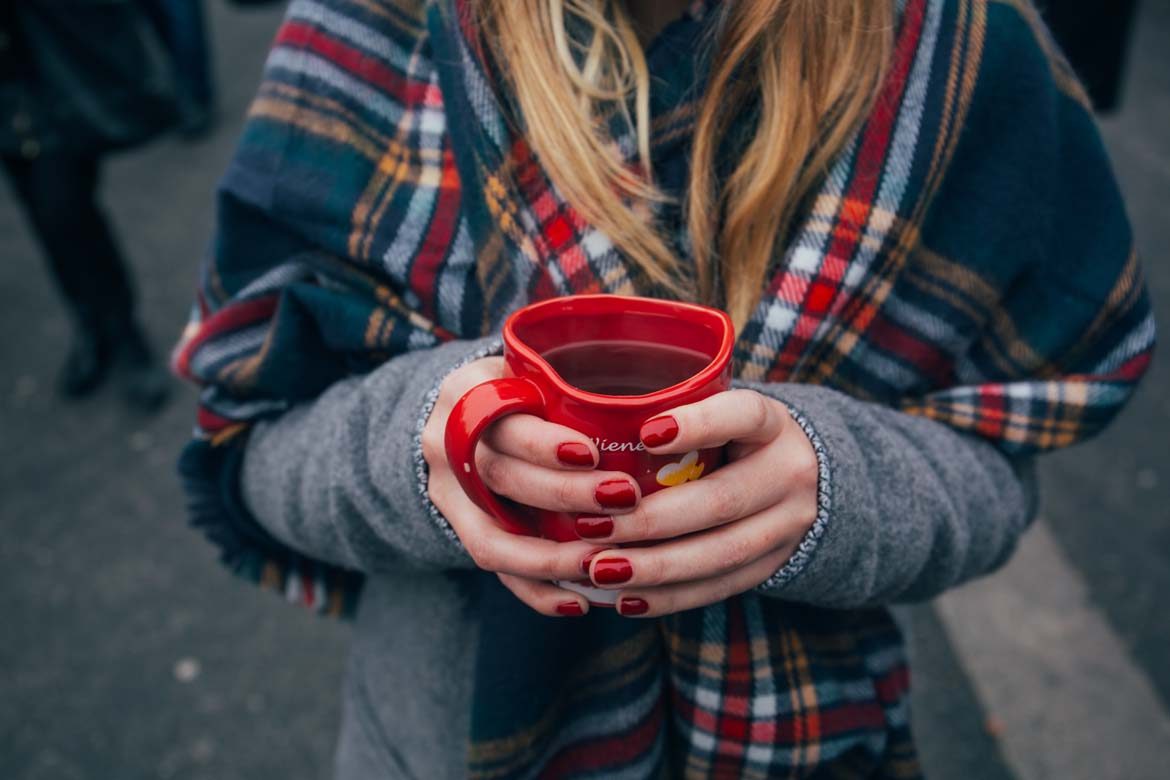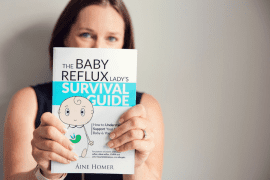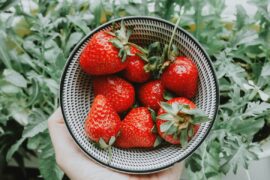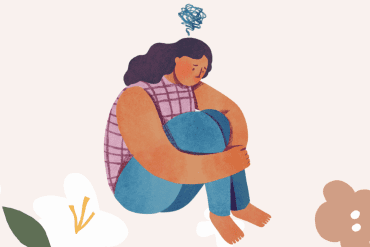By Hannah Schenker
Coffee is rather popular with mums, and it’s easy to see why. A quick, sharp jolt of energy for a sleep-deprived, busy, in-demand woman on the go. This legal stimulant is actually popular with everyone, and particularly New Zealanders: according to this Euromonitor report, New Zealand has the 15th highest per capita coffee consumption rate in the world, and around 25% of us are skipping breakfast in favor of a strong cup of Joe. But if you are pregnant, or trying to conceive, you may want to cut back or ditch the coffee altogether.
There are safety guidelines around caffeine consumption during pregnancy, due to the fact that caffeine actually crosses the placenta and increases baby’s heart rate, and has been linked to low birth weight. Nutritionist Larissa Beeby says, “When you drink a cup of coffee, caffeine crosses the placenta into the amniotic fluid and therefore your baby’s bloodstream. While your body goes to work metabolising and getting rid of the caffeine, your baby’s body is still developing and takes a much longer time to process the caffeine. As a result, your baby is exposed to the effects of caffeine for much longer than you are.”
So how much is OK, and where is it lurking?
“While there are no firm recommendations on the amount of caffeine we should consume, we should still be aiming for moderation, less than 2 cups per day (around 200mg),” says Larissa. “Consuming caffeine while pregnant is a personal choice, some find they are instantly turned off it, others may find it starts to affect them in different ways. If you find yourself needing the caffeine hit still try limiting this to one cup per day (around 100mg).”
Here is a guide to how much caffeine you will find in your everyday drinks:
Average Caffeine Content (mg)
Energy shots: 160mg
Energy Drinks (250ml can): 80-120mg
Brewed/Espresso Coffee (1 cup)*: 80-120mg
Instant Coffee (1 cup): 60-80mg
Tea (1 cup): 10-50mg
Cola drinks (375ml can): 38-50mg
Chocolate bar (50g): 10mg
*Coffees such as latte often contain ‘two shots’ of coffee, meaning double the amount of caffeine.
So you can see that one strong single-shot coffee and a cup of tea can put you up around the 200mg mark, or if you’re used to the good old double-shot coffees, you will have already reached your daily limit in one cup. That’s right: no chocolate to go with it!
“Most women feel better during pregnancy if they don’t get a lot of caffeine,” Larissa says. “It’s a stimulant, so it can raise your heart rate and blood pressure. Plus, it can make you feel jittery, can cause insomnia, and can even lead to heartburn by causing the production of stomach acid.”
Perhaps you’re ready to give coffee the heave-ho: there are lots of alternatives to give both pleasure and keep your energy levels up.
- Decaf
If you just can’t let go of that coffee flavor, decaf may be an attractive option for you. However, just because it is low-caffeine does not mean it’s good for you. The process of making decaf, in most cases, involves a lot of chemicals (like solvents) that you really don’t want to be drinking the residue of. This process also strips out any of the beneficial antioxidants that make coffee so great in the first place. Even if you can find decaf made from water processed or CO2 extracted coffee beans, it’s actually still not caffeine-free, and is also highly acidic thanks to the decaffeination process. - Tea
Black tea is an OK alternative, with much lower caffeine than coffee (but it contains the highest caffeine of all the teas). There are so many more – Oolong, Green and White teas and many variations within. Again, you want to be looking for good quality tea that isn’t packaged in plastic tea bags (increasing your load of endocrine-disrupting chemicals) – look for ones in the paper teabags or go for loose leaf which is best. Different types of tea contain different levels of caffeine, so you’ll need to do a little research and taste testing until you find your brew – a dedicated tea shop is a great place to start. - Herbal tea
Of course herbal teas contain no caffeine and many have lots of beneficial applications (peppermint for digestion, chamomile for calm, ginger to settle the stomach, nettle tea for iron, Rooibos tea for antioxidants, etc), but again look for quality teas so that you and your baby are getting all the benefits from these dried herbs. - Chai Latte
If you love the warm, spicy flavours of chai tea – go for it, but look for one without the black tea in it so you can go caffeine-free, but flavor-full. Homemade is actually very simple and very tasty. - Turmeric Latte
You’ve heard the buzz about turmeric with all of its anti-inflammatory properties. This hot golden milk is sure to satisfy the desire for a warm, velvety drink, and is good for you to boot (best without dairy – go for almond or coconut milk). Make sure to add in some chai spices like cinnamon, ginger, and even cardamom and sweeten with a little honey or coconut sugar. Mmmm. It’s totally Instagrammable too, by the way. - Hot cacao
Not to be confused with a sugar-loaded hot chocolate, raw cacao powder actually provides you with mood and body-boosting magnesium, stimulates production of feel-good chemicals in the body like serotonin, and is packed with a plethora of antioxidants that are not stripped out by processing. Cacao is still a stimulant and does contain caffeine though, but you may find that it helps to balance mood swings, make you happy and make you feel goooood (read more about the benefits here). Two Tablespoons provides about 50mg caffeine, so work that into your daily equation.
You may find that ditching caffeine altogether means increased energy that is also more sustainable, as you avoid the big rush/big crash cycle. Here are some caffeine-free energy boosting tips:
- Increase magnesium
Magnesium is one of the minerals required to break down the sugars that we eat into energy. If the levels are low, the heart has to work harder which leads to fatigue. You might prefer to take supplements, but magnesium is also found in foods. Add a handful of almonds, hazelnuts or cashews to your daily diet, increase wholegrains and introduce a little more fish. - Don’t skip meals
Avoid the whole low blood sugar crash altogether by making sure you’re not skipping meals. Breakfast is the most important meal of the day, and if you make sure you’re getting a decent amount of protein in that first meal of the day, you are bound to notice a difference as this really does set your body up for the entire day. - Snack smart
When you’re tired, your body craves things like sugary treats and simple carbohydrates to provide a quick rush of sugar into the blood. The problem with doing this is that inevitably a crash follows – you know the drill. The perfect snack includes wholegrain carbs plus protein and healthy fat, such as – wholegrain crackers with peanut butter.
Whether you are looking to cut down or cut out coffee and caffeine altogether, there are a lot of health benefits both to you and to your precious baby. So have a little play and see if you can find ways to adjust your life, taste new things, and feel better for it.
Hannah Schenker is a freelance writer, editor and regular contributor to The Natural Parent Magazine. She lives with a touch of magic in Golden Bay, New Zealand.











